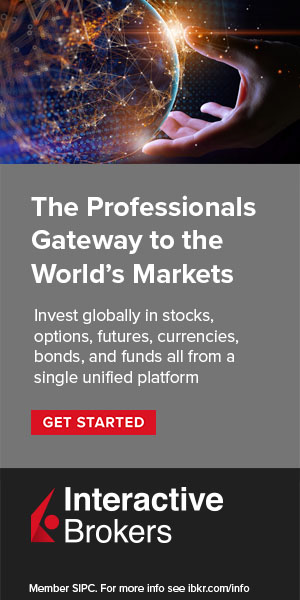Many a book on trading risk states the absolute necessity of placing stop orders. No stop, no trade. Such teachings not only place undue pressure on traders and investors, they also invite mistakes, as the pressure of procedure overrides the need to tune into the rhythm and harmony of the market and of yourself.

Stops are deemed to be vital for a traders’ survival. If you are new to trading using stops is one of the mechanisms that can help you survive the initial learning period provided that you are employing a sensible money management strategy.
However, many professional traders don’t use stops.
A recent discussion on the issue caused a heated discussion in one of my webinars which was attended by professional traders.
The most interesting take away was the motive traders had for using stops:
It may well come as a surprise to you that the traders did not fear so much the actual loss of capital from not setting stops religiously, particularly in short term intra day trading, rather they were more concerned about their ability to stick to the habit of setting stops. They felt that they had difficulty admitting that they where wrong and therefore the habit of setting stops would “punish” them reminding them that they had the trade wrong.
Lack of trust in oneself is actually is one of the main reason why traders set stops.
Behind the motif lurks the deeply imbedded belief that one must guard against oneself. One’s actions cannot be trusted and severe measures have to be in place to whip the trader into shape. On the face of it the practice appears to be sound and sensible as undoubtedly in times of great volatility setting a stop can be a form of insurance policy that might protect your trading account.
Alas when insecurities and fears are running our decisions, our decisions are seldom followed through with consistent action, nor do we feel good about them.
The idea that we can whip our trading into shape through force and willpower is outdated, yet it is still the driving force of the professional trading engine and a belief promoted to independent traders.
Such stoicism seldom results in lasting trading/investment success. It promotes resentment and invites rebellion against the rules.
What good is a stop that is not adhered to because you don’t believe in it?
Motive is powerful. It is also a defining factor in our ability to feel at ease with our decision. If you are feeling at ease with your decision, you will follow through with it. No force needed, as there are no hidden value conflicts that might sabotage your ability to follow through with the decision.
It is a paradox that most traders and investors will make decision because of peer group pressure and follow along even though they feel extremely uncomfortable. The crowed trade, is more comfortable, just as the “crowed decision lulls you into a false sense of security.
Whenever fear motivates you, you are operating from a place of contraction instead of from a place of expansion.
The best strategy loses its effectiveness when you trade from a place of fear.
Whenever you are mentally contracting you are closing yourself off from receiving information. Instead of being open to all possibilities you will see the trading and investing world through blinkers. Those mental blinkers usually filter out the positive and make you focus on the negative.
Your trading becomes defensive, you miss out on opportunities, close out positions too early, set your stops too tight, or don’t bother considering a sound exit strategy trading/investing on hope.
When you are in harmony with yourself you tend to make decisions from that place of inner confidence and self centeredness.
When in this place you can’t help but perform better.
This is why becoming comfortable with who you are, and learning what motivates you in a positive and expansive way is the first step on the road to lasting trading success and financial freedom.
While you are focused on lack, you will create more of it. The universe provides what you focus on: This is true always. As long as you have subconscious fears and uncomfortable setting stops you will not necessarily improve your trading or investment results.
A strategy alone is useless. You must have the internal structures in place that form the underpinnings of any external strategy, or you are doomed to failure.
Particularly in today’s markets which promise to be interesting, and more challenging when they have been for some time, your primary objective is to come into complete harmony with yourself.
Improving your inner confidence creates the internal structure for trading/investment success:
Acquire self knowledge, and do your research about what drives the markets. Set up strategies for self inquiry and seek out ways to harness your inner powers. Surround yourself with other traders and investors who have walked the path and who are able and willing to share their knowledge with you. Who do you hang out with? People of knowledge, or fellow traders/investors who are finding the world a challenging and frightening place?
You become the sum total of the five people with whom you share most of your time with.
So, choose your trading companions with care and discernment and your (stop loss) strategy will become clear to you in due course…
###
Mercedes Oestermann van Essen is a trader, trading psychology coach and author of “The Buddhist Trader” and other books on trading psychology. Sign up for my free course: 7 Little Known Secrets To Trading Success & Happiness HERE.


 Hot Features
Hot Features













